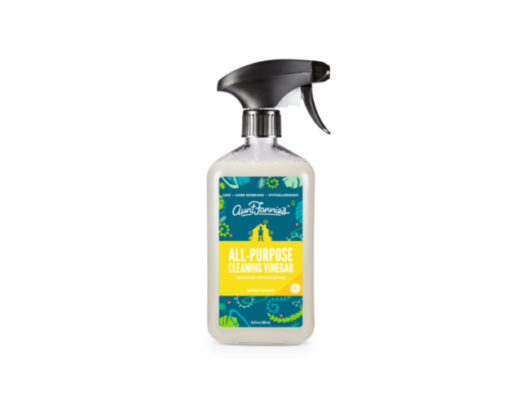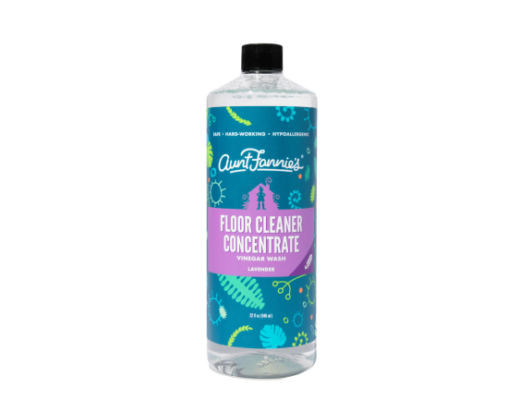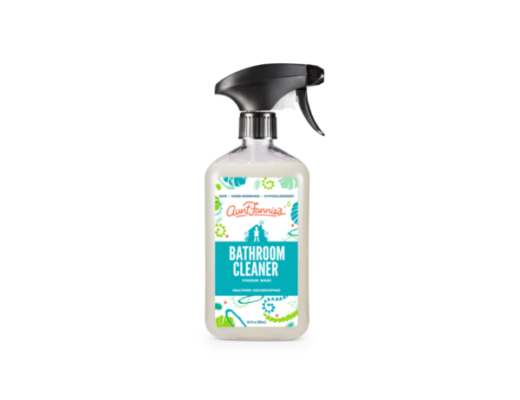Lately it seems like there are more “natural” products out there than not.
The only problem? There is no legal or standard definition of what “natural” means, let alone “clean” formulas.
The food and pharmaceutical industries are regulated by the FDA but personal care, household cleaning and beauty aren’t. That means companies can get away with far more when it comes to labeling.
Some examples:
- Companies do not have to include every ingredient that’s used in a product on the label.
- “Fragrance” is considered a trade secret so companies don’t have to identify the ingredients in their fragrances, either.
- There are tens of thousands of ingredients in personal care products that are not listed on labels.
- And while the FDA does state that natural means “ingredients extracted directly from plants or animal products as opposed to being produced synthetically,” there can be a lot of synthetics added on the road from farm to formula.
This is familiar to many followers of natural beauty, but the same issues exist in household cleaning. It just isn’t talked about quite as much.
Overwhelmed yet? Take a deep breath because we have one more little mind-blower for you before we get to the helpful part.
Is “natural” safe and is “chemical” bad?
- Even “natural” does not mean safe or good for the environment. Petroleum is natural. Metals are natural. There are a myriad of ingredients that could be considered undesirable or even toxic that could be in a product and truthfully be called natural.
- Chemical is not synonymous with man-made. Water is a chemical. The word “chemical” does not necessarily mean safe or unsafe, good or bad.
- Some very close-to-the-earth ingredients can get rather chemical-sounding names in the end. For example, one of our labels lists Sodium Chloride. Remember that from chemistry class? It’s salt.
The priorities and values of one person are not the same as others. Here’s where we stand:
- We list every ingredient we use on every label.
- We avoid ingredients that we believe to be less than safe or healthy for people to use. The good news is, they are often unnecessary anyway. Technology has gotten better and we’re better able to work with the building blocks of nature safely.
- We provide context for each ingredient here on our site.
- We use only essential oils in our aromas. And yes, we list them by name.
- We avoid using the word “natural” as much as we can because of the confusion.
- We are cruelty-free and do not use animal ingredients. Granted, ants and roaches may take issue with this.
- We encourage everyone to do their homework, learn about ingredients and decide what are your highest priorities. There is no right or wrong, just what works best for you.
We’re all doing the best we can for where we are right now.


